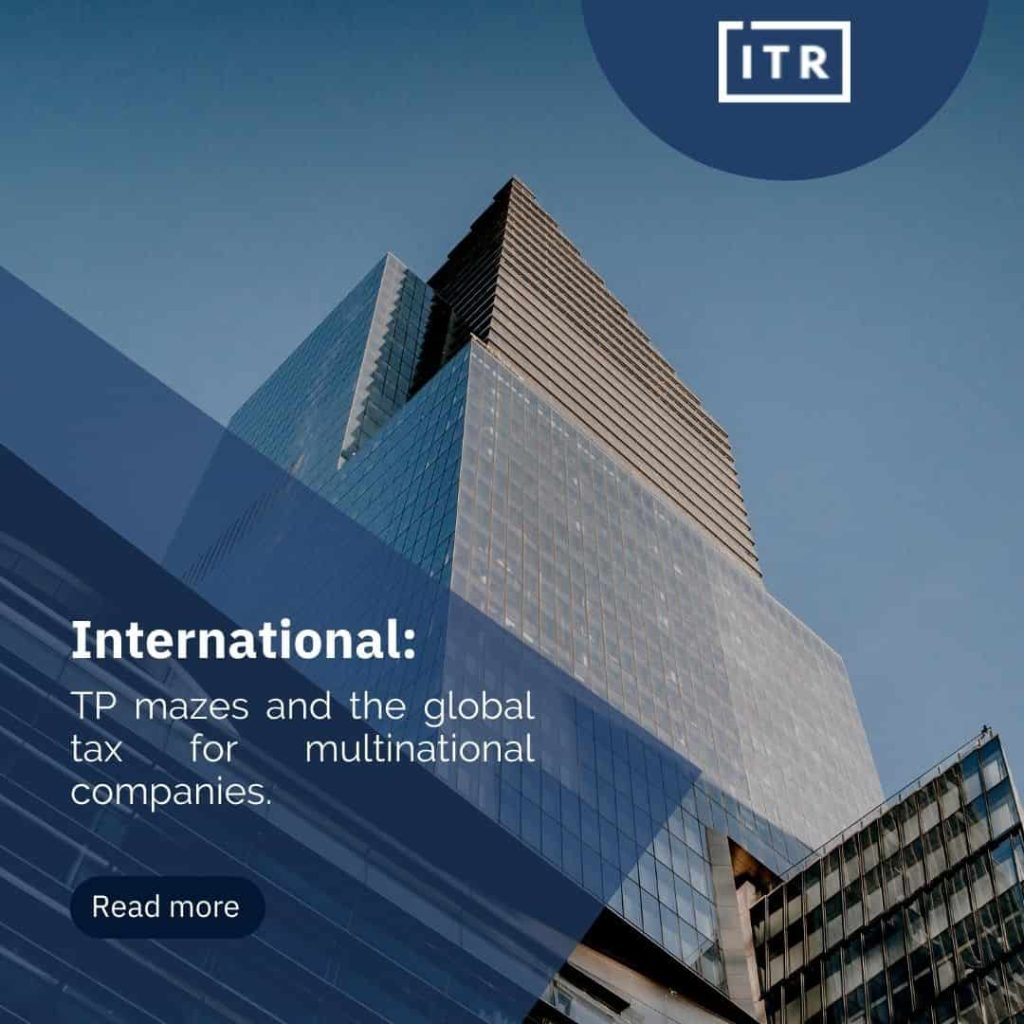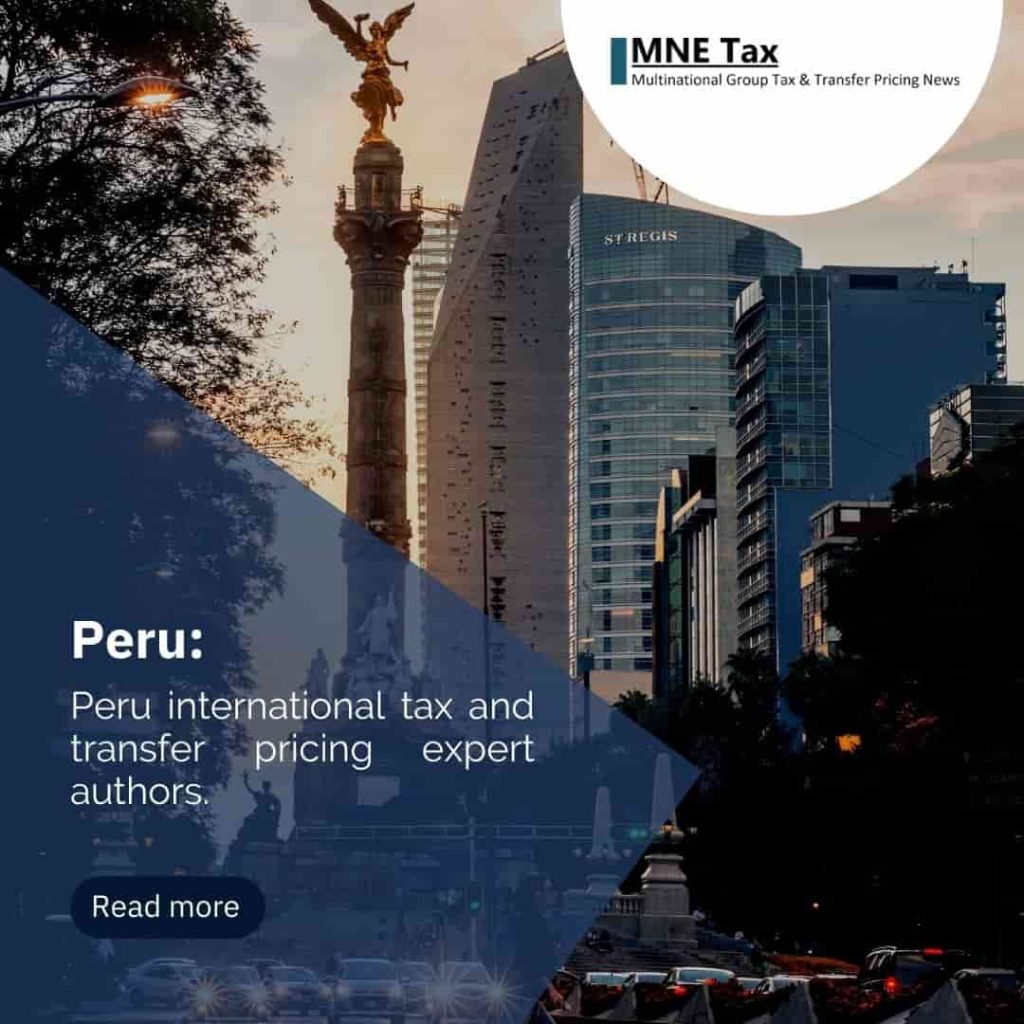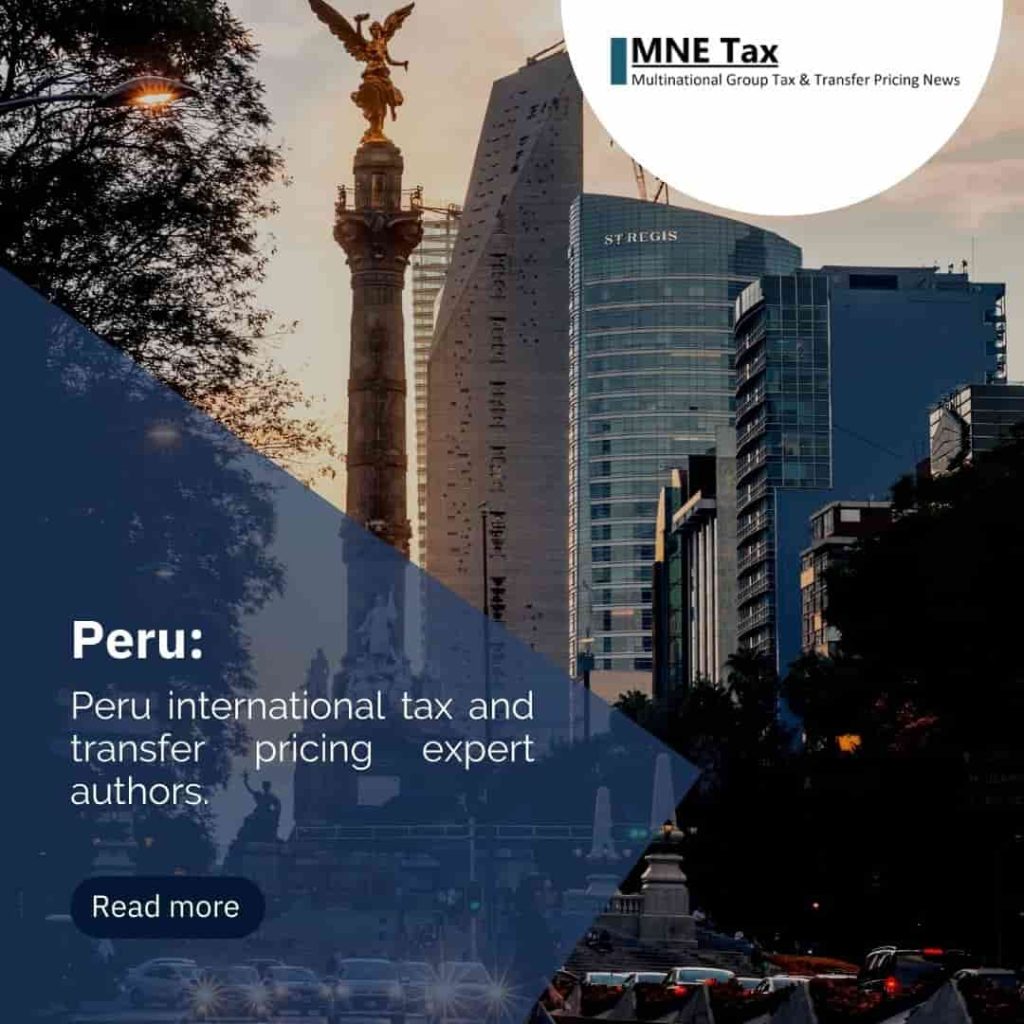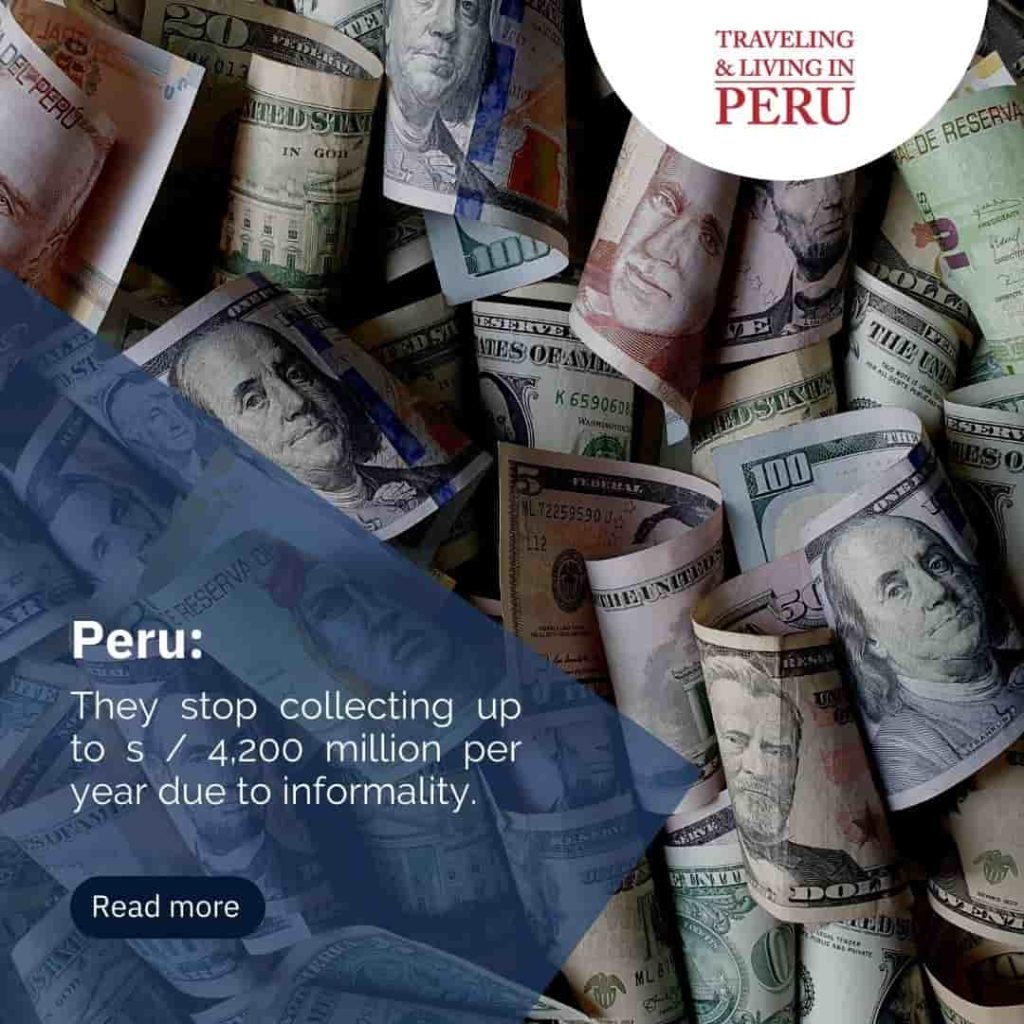Taiwan
Introduction
Transfer Pricing rules in Taiwan came into effect in 2005 after December 28, 2004, when the country’s Ministry of Finance promulgated the Transfer Pricing Assessment Regulations, which explains the Arm’s Length characteristics of related party transactions and the requirements to file the documentation.
In November 2017, the Minister of Finance announced some amendments to these Regulations, and subsequently, the limits set for the Master File and the Country-by-Country Report were announced in December 2017.
On December 28, 2020, the Minister of Finance issued Resolution N°10904654700, which amended the rules controlling the Regulations.
These amended regulations apply to Taiwan’s corporate income tax returns for 2021 onwards.
Likewise, the Transfer Pricing rules are Article 43-1 of the Income Tax Act.
Related Parties
Related parties are understood as affiliated companies referred to in the following parties:
- A profit-making enterprise and a foundation receiving a donation from a profit-making enterprise in the amount representing 1/3 or more of the total funds in its balance sheet of such foundation.
- A profit-making enterprise and a foundation in which one-half or more of the total number of directors is composed of the directors, supervisors, general manager or its equivalent or another superior of a for-profit enterprise, as well as the spouse of any thereof.
- A profit-making enterprise and its directors, supervisors, general manager or its equivalent or another superior, deputy general managers, assistant general managers, and department heads under the direct supervision of the general manager.
- A profit-making enterprise and the spouses of its directors, supervisors, general manager, or its equivalent or another superior.
- A profit-making enterprise and the relatives of its board chairman, general manager, or his equivalent and another superior within the second degree.
- A profit-making enterprise and persons who evidently may control the enterprise or materially influence the personnel, finances, business operation, or management policy thereof.
Transfer Pricing Methods
Acceptable Transfer Pricing methods include:
- Comparable Uncontrolled Price Method.
- Cost Plus Method.
- Resale Price Method.
- Profit Split method.
- Transactional Net Margin Method.
If the taxpayer intends to apply a Transfer Pricing method different from the above ones specified by the Ministry of Finance, prior approval by the Ministry is required.
Transfer Pricing Documentation
Master File
A Taiwanese entity is exempt from filing a Master File if the total annual consolidated revenue does not exceed NTD 3 thousand million or the total cross-border transaction cross does not exceed NTD 1.500 million.
If there are two or more entities with an amount threshold for Master File filing in Taiwan, the multinational group may designate one entity to file such documentation.
Country by Country Report
The Country-by-Country Report must be filed electronically. The threshold for filing requires consolidated revenues in the previous year of the group of NTD 27 thousand million, equivalent to € 750, set out in the OECD Guidelines.
Local Report
If met related-party transactions with two conditions:
- NT$300 million for revenue.
- NT$200 million for related party amounts.
In addition, the Transfer Pricing Report or Local Report contains additional information on the analysis and requirements. It must be finalized when the income tax return is filed and provided to the tax authority within one month of the request.
Transfer Pricing documentation must be maintained for at least seven years, according to regulations in Taiwan.
Penalties
Failure to file the required documentation, when requested by the tax authority, will result in a fine ranging from NTD 3000 to NTD 30 000. In addition, Article 34 of the Regulations states that an additional Transfer Pricing penalty will be imposed if a taxpayer misstates his/her income tax due to failure to follow the Transfer Pricing rules when filing his/her tax return.
The penalty will be determined and calculated based on Article 110 of the Income Tax Law, which allows for a maximum penalty of twice the underpayment resulting from income tax obligations.
<script>
/*
Author: Wolfgang Hartl
Author URI: https://my-webcraftdesign.at/
DOCS: https://my-webcraftdesign.at/tutorial/read-more-read-less-toggle-in-bricksbuilder/
*/
function WCD_rmrl(options) {
const readLessText = options.readLessText;
const readMoreText = options.readMoreText;
const rmrlContent = document.querySelectorAll("[wcd_rmrl_percentage]");
rmrlContent.forEach((element) => {
// INITIAL SETUP (define height, overflow and attributes)
element.style.overflow = "hidden";
element.setAttribute("wcd_rmrl_max", element.clientHeight + "px");
var percentage = element.getAttribute("wcd_rmrl_percentage");
var height = element.clientHeight;
height = Math.round((height / 100) * percentage) + "px";
element.setAttribute("wcd_rmrl_min", height);
element.style.height = height;
//ASSIGN CLICK EVENT TO TRIGGER
trigger = element.nextSibling;
trigger.addEventListener("click", function () {
if (element.style.height == element.getAttribute("wcd_rmrl_min")) {
element.style.height = element.getAttribute("wcd_rmrl_max");
this.childNodes.forEach((node) => {
if (node.nodeValue !== null) {
node.nodeValue = readLessText;
}
});
} else {
element.style.height = element.getAttribute("wcd_rmrl_min");
this.childNodes.forEach((node) => {
if (node.nodeValue !== null) {
node.nodeValue = readMoreText;
}
});
}
});
});
}
const rmrl = new WCD_rmrl({
readLessText : 'Read Less',
readMoreText : 'Read More',
});
</script>External Articles
Below is a list of articles written by our staff and published in international publications.





